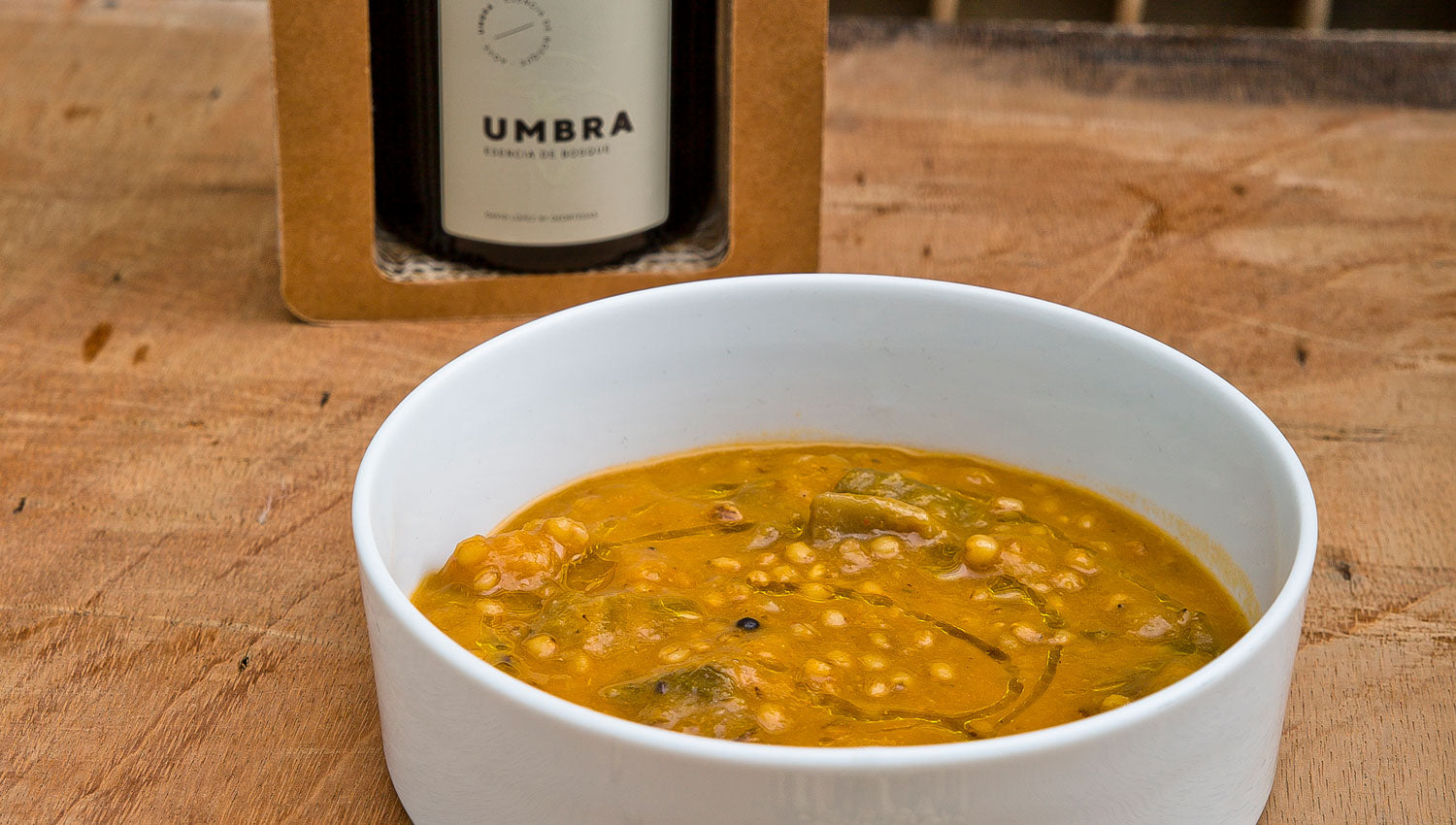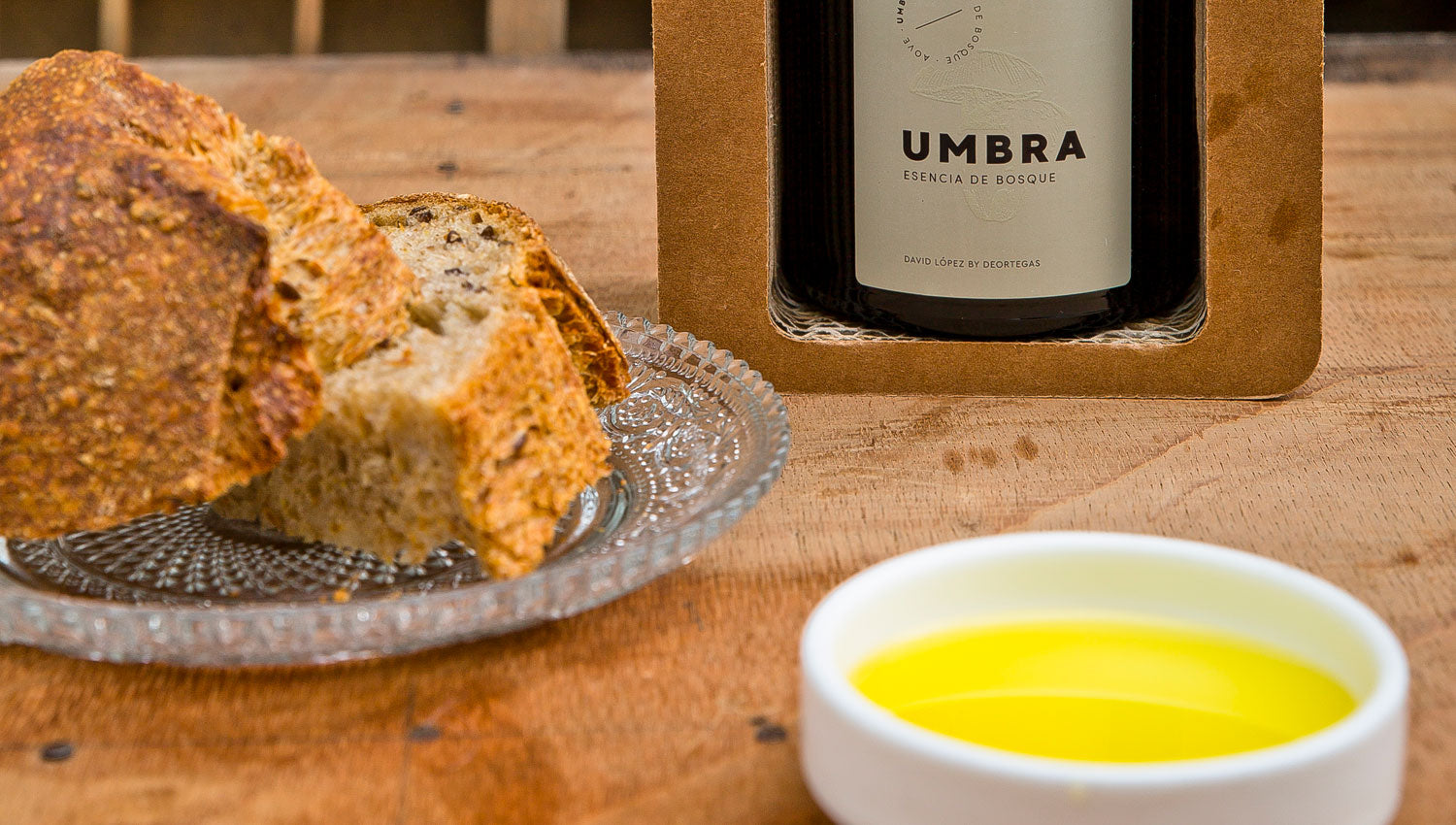
All about acidity in extra virgin olive oil
All about acidity in extra virgin olive oil
Extra virgin olive oil is essential to the Mediterranean diet and has gained a prominent place in both cooking and health. However, one of the most important aspects to consider when choosing an olive oil is its acidity.
From Deortegas , we'll explore what olive oil acidity is , how it's measured, and what the best acidity is to enjoy its benefits.
What is the acidity of olive oil? The acidity of olive oil refers to the percentage of free fatty acids present in the oil. These fatty acids are the result of the breakdown of triglycerides, which are the main fat molecules in the oil.
Acidity is used as an indicator of oil quality; the higher the acidity, the lower the product's quality. It is a parameter that cannot be detected in either flavor or aroma; it can only be determined through analysis performed in a specialized laboratory.
As for the acidity of organic extra virgin olive oil , which is the highest quality, it should have a very low acidity, generally less than 0.8%. This low acidity level is a sign that the olives were harvested and processed properly, without damage and with minimal oxidation .
On the contrary, an oil with a high acidity may indicate that the olives were overripe, damaged , that a long time passed between harvesting and oil extraction, or that the production process was not optimal.
How is the acidity of olive oil determined?
The acidity of olive oil is expressed as a percentage, reflecting the proportion of free fatty acids compared to the total volume of oil.
To determine this value, standardized laboratory methods are used. The most common is the titration method, which involves dissolving the oil in a cartridge and then titrating it with a sodium hydroxide solution until a specific pH is reached.
This process allows the acidity percentage to be calculated and, therefore, the oil classified. It is important to emphasize that this analysis must be performed under controlled conditions and in a specialized laboratory to obtain accurate results. However, acidity is not the only parameter that defines the quality of the oil; other organoleptic factors, such as flavor and aroma, play a fundamental role.
That's why we, as producers, are required to analyze our EVOOs both chemically in a laboratory and sensorially through a professional tasting panel. They are the ones who perform this work and assess the parameters within which it falls, whether it's virgin or extra virgin. Olive oils come from a refinery, so they're different; this type of oil doesn't pass these tests.
What is the best acidity for olive oil?
The ideal acidity for extra virgin olive oil is, as we mentioned, less than 0.8%. However, many experts consider an acidity level of 0.3% or less to be optimal to ensure a high-quality product.
This range guarantees that the oil has been produced with the highest quality olives and under the best conditions.
It's important for consumers to pay attention to the acidity of the olive oil they choose. This is a factor that reflects quality and the ability to benefit from all the benefits that high-quality extra virgin olive oils provide. These benefits include anti-inflammatory and antioxidant properties, which are especially valued in healthy eating.
Deortegas organic extra virgin olive oils have an acidity of 0.1% to 0.2%, demonstrating the care we take throughout the entire process, both in the field and during production, and the guarantee of the quality of the product we offer.
Acidity of olive oil: conclusion
When purchasing olive oil, it's important to keep this parameter in mind. It's not usually listed on the label, but you can always ask the producer directly for the analysis of that EVOO . Many quality producers also provide information about the extraction process and the origin of the olives, which can help you make informed decisions.
If you want to enjoy quality organic extra virgin olive oil , visit Deortegas . With our five varieties in different formats and free shipping on orders over €60, we invite you to experience the excellence of our products. Contact us and place your order today!



